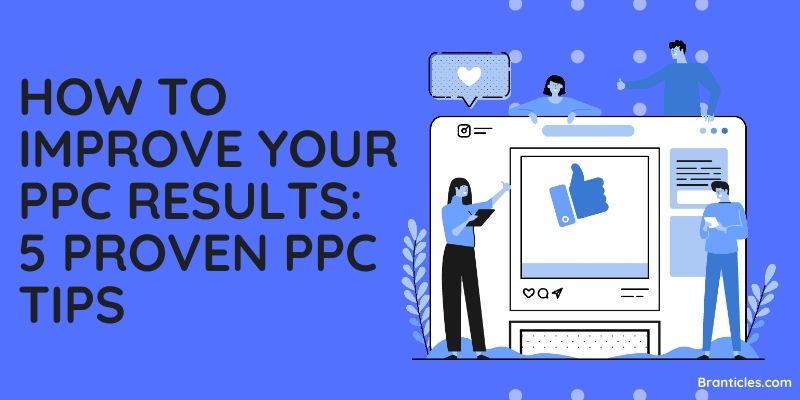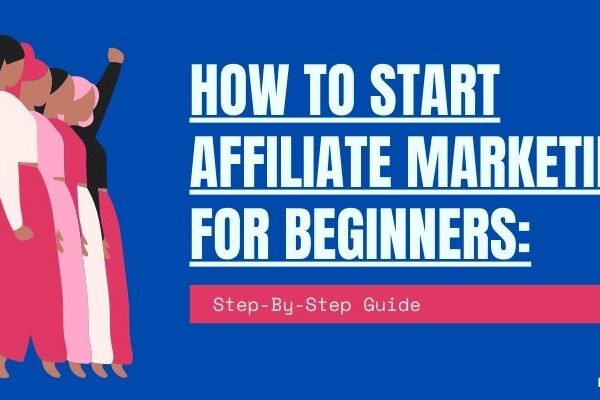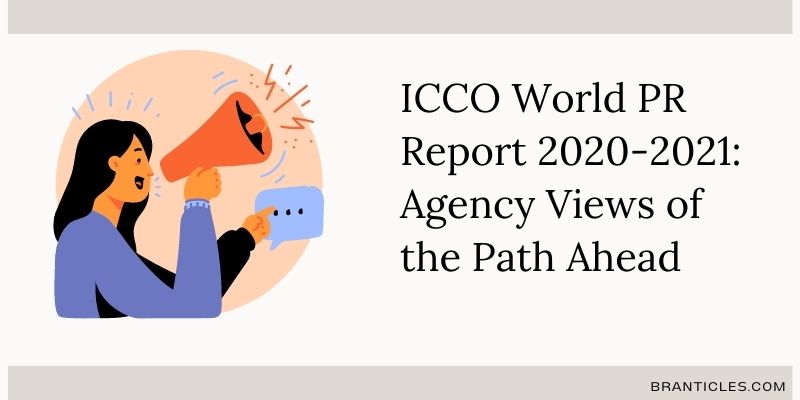Search advertising is booming. Big and small brands are investing in search engine ads for boosting sales and driving traffic.
It’s important that you know how to improve PPC or pay-per-click campaigns if you want to supercharge your lead generation.
Organic search marketing coupled with search ads can skyrocket your revenues within a short time.
Do you know businesses receive an average of $2 on every $1 spent on Google Ads?
When you look at the stats, it might seem profitable. You may feel like giving this a try (if you haven’t yet).
But hold up!
Search ads campaigns are not that simple. You need to learn how to get started. You need to understand how to improve PPC as you move ahead.
A PPC campaign without the proper strategy and foundation wouldn’t last long. You might even run into a loss.
So, you need to cook up a solid cost-per-click strategy first. It is the key to executing, planning, and optimizing your campaigns.
But before we get into the whole strategy stuff, let’s understand a bit about these ads.
What is PPC?
Pay-per-click (PPC) is an internet marketing model where the advertisers have to pay every time someone clicks their ads.
It is more like buying the visits on your website.
With more and more businesses making their online presence, it has become difficult to get ranked organically. Specially, small businesses that don’t have the time to wait for SEO strategies to work out.
So, they turn towards these ads.
The majority of the businesses go for search engine advertising.
Businesses mostly go for Google as it has 92.41% of the total global market share. However, Bing and Yahoo are also in line. But if your goal is to double your profits quickly, then selecting Google will be the right choice.
On Google, these advertising work on a bidding system. As an advertiser, you have to bid for the ad placement on the Google search page when someone searches a keyword.
For example, when you search the keyword “marketing automation software” you will find an ad by MoEngage on the search engine page.

Source: Google
Whenever someone clicks on this ad link on the SERP, MoEngage has to pay a nominal fee to Google.
But here is the thing, your fee will be nominal only when you do it correctly. If your website visitor doesn’t make any purchase through your website, then it’s a loss for you.
So, if you pay $3 for every click, you must earn 300 dollars from the sale too.
A lot goes into designing a successful advertising campaign. You have to use top-notch techniques, from researching keywords to organizing your campaigns. You will also have to work on your landing pages, so your visitors convert.
It is crucial from your campaign’s perspective, but search engines reward those who create relevant campaigns. They generally charge less on ad clicks as a reward.
You can learn how to create these ads easily. But you must read “how to improve PPC” blogs to get the most out of your campaigns.
Now, let’s focus on a few methods you can use to improve PPC campaigns.
1. Identify and Define your Goal
Every campaign needs a measurable and definite goal. It is the only way you can work towards optimizing the campaign.
This goal will become the backbone of the complete optimization process. It will help you create an accurate roadmap for PPC advertising.
Here are a few examples that will give you some idea:
- The campaign should get you 15 new leads per month using the website’s contact form.
- Have the cost per conversion less than $25 each.
- Track someone when he or she clicks on the ad and finishes with the lead form.
- Average visitors through PPC should spend more time on the website.
- Get more leads per keyword compared to organic search.
And more.
In this way, you can decide your PPC goal. It will be unique for every business.
2. Add High Performing Keywords
Keywords are the essentials of a good PPC campaign. If you can get the keywords right, you will surely achieve your goals.
If you already have an organic website SEO campaign running, you can check and verify the keywords.
Find the keywords that are helping your website gain the most clicks.
You can learn this through Google Analytics.
If this is the first time your website is live on Google, you can use the Google Keyword Planner. This tool is available on Google Ads.

With this planner, you can find out the high-performing keywords. Select the keywords that align with your target audience.
However, if you want to improve your PPC campaign, you will have to keep tweaking your keywords. Don’t stick to a single keyword for long. Always try to use new keywords and experiment.
Introducing new keywords will help you find the optimal keyword, and you can stick to that.
3. Optimize your Keyword Bids
After you find out your high-performing keywords, you have to create a list of negative keywords. This list will contain the keywords that you don’t want your ads to show up for. The next thing you have to focus on is bid optimization.
You’ll get a few bidding options to improve your campaign. However, what you’ll select will depend on your strategy and goal. So, it’s likely to vary from one campaign to another.
You have to set your budget before you get into bid management settings. Google Ad has several bid settings to chose from. The two basic ones are – manual bidding and automatic bidding.
Automatic bidding
If you are a newbie, I would suggest you go for this. When you use this option you are giving Google the driver’s wheel. Google Ads will adjust your CPCs based on where you are likely to get the most clicks.
When you opt for automatic bidding, you get different bid strategy settings.

Source: Google Ads Help
You can select these according to your goals.
When you have got the hang of the bidding system, you can start using manual bidding.
Manual bidding
When you are using this bidding method, you have the freedom to select your maximum cost-per-click (CPC). When you select this option, you have to start by setting your maximum CPC bid for your ad group.
However, you can also set the bid for individual placements or keywords. Let’s assume you have discovered a set of keywords that are bringing you more profit. With manual bidding, you can allocate your maximum ad budget to these keywords.
4. Schedule Time Wisely
As a marketer, you must know that showing ads at the right time can do the trick.
And Google Ads also knows that.
Your target audience gets active at a particular time. So, you can set the right ad at the right time using the schedule.
Suppose your customers are mostly business people, you might want to put the ad between 9-5. They will be on their systems specifically during these hours.
So, you can reach them easily.

Source: E2M
However, it is not that simple! When you are starting out or somewhere in between, you might want to run your ads 24/7.
Without it, you can only assume that your ads will work at certain times. However, if you run it 24/7, you will find the exact timings when your target customers will be clicking.
Try to run it for a longer duration, even if it costs more.
Once you have found out the correct timings, you can bid accordingly.
5. Plan Your Target Locations Carefully
Targeting location plays an essential role in making conversions. Google Ads knows whom to show according to the individual’s IP address or GPS location.
So, you can select the location according to your business. Let’s say you have a bread shop, then you might want to target customers living near your shop.
If your business is selling products nationally, you’ll have to select the whole country. However, it won’t be suitable for your business because the entire country may not be interested in your product.
You need to do market research to segregate your audience and find out the exact locations and interests. Then you have to select the same to reduce the radiuses around the location for ads.

Source: E2M
You should definitely strategize your location. But playing safe is not always the way to do marketing. Don’t be scared about expanding the target areas.
Perhaps you’ll find a new market for your business.
How to Improve PPC FAQ:-
Q1. How to improve PPC performance?
A. Here are a few techniques:
Refine your goal
- Use high-performance keywords
- Optimize the keyword quality
- Segregate negative keywords in a list
- Prepare compelling ad copy
- Use remarketing options
- Use ad extensions
- Optimize content for mobile users.
Q2. What makes a good PPC campaign?
A. You can judge your PPC campaign if it’s helping you achieve your goals. So, for example, your goal is to get ten leads per month. And you are getting about 5, then your PPC campaign is good.
Q3. How do I get my CPC down?
A. Here are a few ways to lower CPC:
- Use new keyword variants.
- Try to improve the quality score.
- Adjust locations, ad schedule, and devices.
Q4. What is PPC optimization?
A. Pay-per-click optimization is a process of analyzing and improving PPC campaigns. You can do it by updating landing pages, changing keyword bids, and re-designing ad copy.
Q5. How do I learn PPC advertising?
A. You can learn PPC advertising in two ways:
- By practically using it and learning by experience.
- By going for online courses on PPC.
Ready To Improve PPC Campaign for your Business?
Pay-per-click advertising may seem like a quick way to make conversions, but it takes planning and strategies. It is a short-cut way to increase your leads if you aren’t getting any organically.
However, many businesses use a combo of both to get all the top places on Google SERP. Getting organically ranked requires a good knowledge of SEO. However, PPC ads require bid optimization strategies.
You’ll have to bid for the right keywords, select location and time wisely, and improve your landing page. Landing pages must align with the campaign if your goal is to get more leads.
So, experiment with these methods and let us know if you find them useful.





Thanks-a-mundo for the blog article.Really looking forward to read more. Cool.